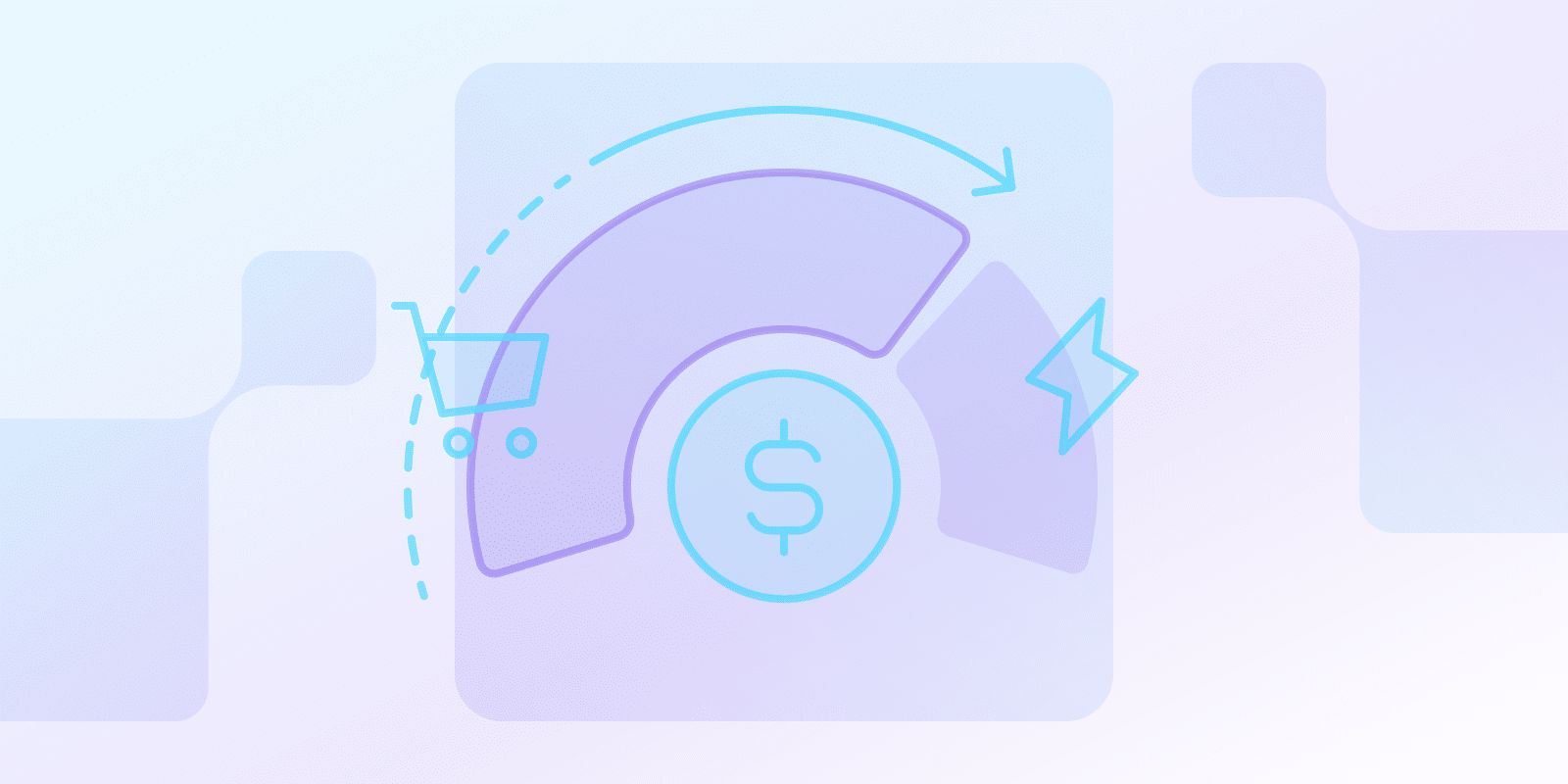Pricing Strategies
What is SaaS Usage-Based Pricing?

What is SaaS usage-based pricing?
Usage-based pricing, also known as pay-as-you-go, is a consumption billing model in which users are charged based on how much they use in a service.
Depending on the product sold, SaaS businesses identify different usage metrics, such as the number of transactions or data storage. At a set date, customers are billed according to the resources used, considering the pre-defined metrics.
Usage-based is perceived as a transparent SaaS pricing strategy, as it positions usage with costs.
To ensure pricing transparency, it’s important to be specific about how you measure product usage.
When is usage-based pricing a suitable option for a SaaS company?
To determine if usage-based billing is an appropriate fit for your SaaS company, consider the following factors:
- Product suitability: Usage-based billing can be used for products that offer higher value the more it is used.
- User requirements: Customers with oscillating usage habits represent a suitable audience for flexible billing.
- Technical features: Your product can measure and track usage SaaS metrics.
How can I determine the appropriate pricing structure for my SaaS product using usage-based pricing?
Here are three steps you can follow when setting the pricing tiers in this consumption billing model for your SaaS product:
- Step One: Identify your company’s usage metrics. These should reflect how users obtain value from your SaaS product.
- Step Two: Create different monetization tiers that gradually increase as the usage amount scales.
- Step Three: Communicate your usage metrics to customers when describing each tier. Clearly state how plans differentiate and how your billing mechanism works.
Examples of SaaS companies practicing the usage-based pricing strategy:
- Hubspot: For its marketing software, Hubspot has created two tiers, each with its own price tag and available number of seats. Additionally, users can increase their usage for an additional charge per seat.
- Snowflake: This cloud-based data warehouse offers different plans having various storage limitations.
What are the benefits and challenges of implementing usage-based pricing in a SaaS business?
Usage-based pricing has advantages and disadvantages. Here they are:
Pros
- Fair monetization model: This consumption-based strategy is regarded as a method to align cost with product usage.
- Higher revenue potential: Fluctuating usage requirements influence revenue streams.
- User flexibility: This billing method is an option for customers with different usage patterns.
Cons
- Revenue forecasting: In the usage-based pricing strategy, SaaS companies have limited revenue predictability.
- Implementation complexity: Given that SaaS developers are required to track usage metrics, the billing mechanism can be elaborated.
- User cost calculations: Calculating costs can be a complex process.
| Aspect | Benefits | Challenges |
|---|---|---|
| Business Model | ||
| Revenue Model | Higher revenue potential through fluctuating usage | Limited revenue predictability and forecasting |
| Pricing Structure | Fair monetization aligned with actual product usage | Complex cost calculations for users |
| Technical Aspects | ||
| Implementation | Direct correlation between usage and value delivered | Complex usage tracking and metric monitoring required |
| Billing System | Flexible billing based on actual consumption | Elaborate billing mechanism setup and maintenance |
| Customer Experience | ||
| User Flexibility | Accommodates varying usage patterns | Potentially unpredictable monthly costs |
| Transparency | Clear correlation between usage and costs | May require additional customer education |
How can I transition my SaaS product from a different pricing model to usage-based pricing?
Firstly, when switching to usage-based billing, SaaS companies are required to clearly communicate the changes to their audience. Help them understand how the transition can impact their budgets while pointing out its advantages.
Secondly, consider making the transition gradually, either applying it only to new customers or offering both pricing strategies for a period.
Additionally, performing ongoing evaluations and optimizations of your monetization strategy is relevant in the transition process.
Conclusion
Usage-based pricing is a popular pricing strategy among SaaS companies.
However, for usage-based pricing to be correctly applied, businesses should consider their product, competition, and target audience.
If these factors indicate that a consumption pricing model can be a suitable approach, then a clearly communicated and gradual transition is required.